Shop Now
Automotive or Commercial? The choice is yours. Both Loaded TECH 100 Cabinets ship complete with everything you need to perform proper tire repairs. The Automotive Tire Cabinet T100CCA and the Commercial Tire Cabinet T100CCC are the perfect way outfit a new shop, update your existing tools or equip a new service technician.
Shop Now
The tire and wheel authority that technicians around the world trust. Because everything is riding on the quality of your tire repair.
Shop Now
Get a free all-access pass to all of our online tire repair training videos. No credit card. No obligation. Try TECH University FREE for 12 Months.
Sign Up Today!
TECH is the global tire & wheel authority that revolutionized the industry with the creation of cold vulcanization technology. That legacy of innovation continues today with TECH’s world-class lineup of tire repair and wheel service products. TECH’s complete line of repairs, tools and equipment enables technicians worldwide to get everything from passenger cars to commercial trucks to off the road equipment rolling again. TECH is ISO 9001:2015 certified and an approved GSA government bid contractor. TECH…The Global Tire and Wheel Authority Technicians Trust!
One-touch operation, auto-on upon sensing pressure!

PURCHASE TODAY
Half the size – Twice the Bead Seating Power!
PURCHASE TODAY
No air hoses, No cords! Do Tire Repairs Anywhere with Milwaukee Cordless Power Tools
PURCHASE TODAY
Quickly and Easily Add The Right Amount of Balancing Beads to Any Size Tire!
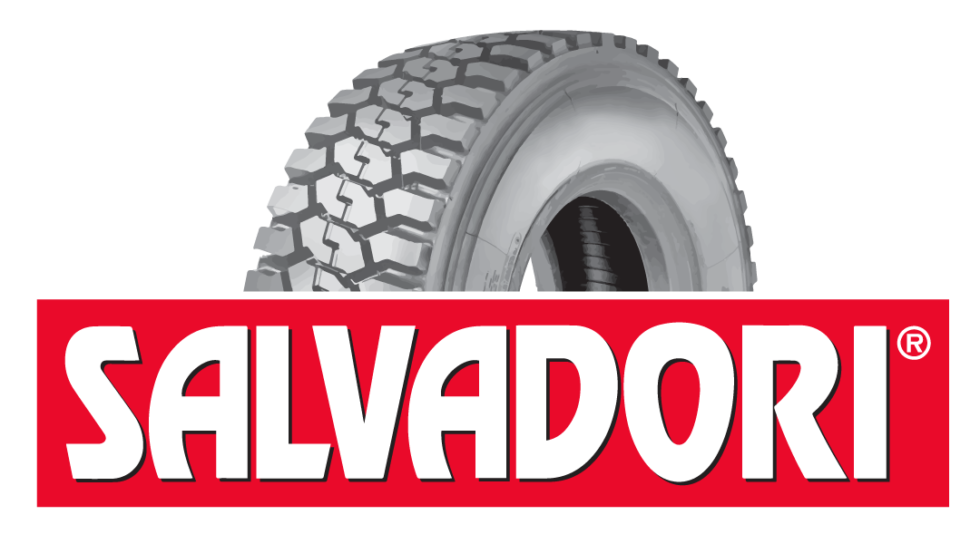 6 lbs (8 kg)
6 lbs (8 kg)PURCHASE TODAY
In Stock and Ready To Ship!
PURCHASE TODAY
In Stock and Ready To Ship!
 Sensor Warranty.
Sensor Warranty.PURCHASE TODAY
TECH now has a complete library of tire and wheel repair training videos available online. For only $50, get an annual subscription to train all of your service technicians.
Plus, the first 100 subscribers can receive a 25% discount by using the code TRC25!
If you have any questions, contact your TECH Distributor or reach the TECH Training Team at [email protected].
Learn More
Streamline your inventory management with TECH’s TPMS Replacement Part Starter Kit!
Covers the most popular vehicles.
Total of 64 valves and TPMS sensor service kits.
DOWNLOAD FLYER
PURCHASE TODAY
TECH produced tire repairs are endorsed and are used by the world’s largest tire manufacturers/retreaders and their subsidiaries.
Shop Now →
TECH pioneered the chemical vulcanization process over 80 years ago and offers a complete range of specialty chemicals.
Shop Now →
TECH’s complete line of service tools and equipment are designed specifically to meet the needs of tire technicians around the world.
Shop Now →
TECH offers a comprehensive line-up of wheel and tire supplies for virtually every application.
Shop Now →
TECH™ Tire Repairs products are trusted in many industries and tire applications from passenger tires to agriculture and ATVs.
Click on the image to find the right TECH™ Tire Repair products for your tire >>
Learn More
TECH™ provides all of the products needed to complete a proper tire repair that is certified by global tire manufacturers.
Learn more about our global brand, and how we impact the 4r future
Visit TRC
Cate Lawrence is an Australian tech journo living in Berlin. She focuses on all things mobility: ebikes, autonomous vehicles, VTOL, smart ci (show all) Cate Lawrence is an Australian tech journo living in Berlin. She focuses on all things mobility: ebikes, autonomous vehicles, VTOL, smart cities, and the future of alternative energy sources like electric batteries, solar, and hydrogen.
She focuses on all things mobility: ebikes, autonomous vehicles, VTOL, smart ci (show all) Cate Lawrence is an Australian tech journo living in Berlin. She focuses on all things mobility: ebikes, autonomous vehicles, VTOL, smart cities, and the future of alternative energy sources like electric batteries, solar, and hydrogen.
While most of our attention focuses on the body and engine of the car, the functionality and efficacy of tires are equally important.
Technology, materials science, and engineering are creating longer-lasting, more resilient, more sustainable tires.
Let’s take a look at some of the latest trends:
AirlessA prototype of the airless tire. Credit: The Tire CompanyThe heart of tech is coming to the heart of the Mediterranean
Read more
The SMART Tire Company is working to create “super elastic” airless tires in partnership with NASA.
SMART stands for Shape Memory Alloy Radial Technology. And the tires are something special. They’re made of NiTinol+ (nickel-titanium), a shape memory alloy that’s elastic like rubber, yet strong like titanium.
NASA originally patented the idea in response to the challenge of developing tires for Mars, where there are no roads, temperatures can reach -100C, and tire performance is mission-critical.
While the NiTinol shape memory alloys are extremely resilient, the company is also focusing on material recycling and mechanical repair, by reshaping and heat-treating localized damage or replacing individual elements.
NASA Glenn Laboratory has been developing the technology for 7+ years, and the organization is at an advanced prototype phase. Their first product will be a bicycle tire launching in Q4 of 2022.
SensorsTire pressure monitoring systems (TPMS) are mandated by law since 2008 in the US and 2012 in Europe. Sensors placed on the tire’s rim send data to the vehicle’s dashboard, monitoring the amount of tire inflation.
But sensors are being used in a range of predictive maintenance scenarios to prevent accidents caused by worn tires.
Tyrata is a tire sensor and data management company that uses sensors to monitor, track, and predict tire tread life.
Tirata’s Drive-Over System. Credit: TyrataAn example is the DOS, Drive-Over System, a speed bump-like unit that measures tire tread wear when a vehicle drives over it . The sensor data goes to a cloud-based data analytics platform to deliver real-time analytics about the tires’ health.
The system fully automates tread-depth measurements and analytics needed for efficient tire management and safe vehicle operation.
Last year Continental announced that it’s working on a tire made from renewable, recycled, and traceable materials.
Enter the Conti GreenConcept. Each tire consists of 35% renewable bio-materials. These include natural rubber from dandelions, silicate from rice husks ash, and vegetable oils and resins. This reduces the need for crude oil, traditionally found in tires.
It’s also composed of 17% recycled materials, namely reclaimed steel, recovered carbon black, and polyester yarn.
They’re not the only company switching to greener materials.
Goodyear has replaced petroleum-based components with soybean oil in some tread compounds.
Bridgestone has its sights set on guayule, an evergreen shrub with a similar material makeup to the conventionally used para rubber trees.
Electric vehicles have specific challenges when it comes to tire health. The cars weigh more and bear the brunt of instant torque and acceleration. Combined, these lead to an increase in wear and tear. Worn tires increase a tire’s rolling resistance and reduce efficiency.
The cars weigh more and bear the brunt of instant torque and acceleration. Combined, these lead to an increase in wear and tear. Worn tires increase a tire’s rolling resistance and reduce efficiency.
Last year, Michelin and Goodyear released their first tires designed exclusively for electric vehicles. Tire maker Pirelli recently added its own EV-specific tire to the mix.
Hankook is the latest to create specialty tires for EVs. Credit: HankookLast week tire company Hankook Tire announced plans to launch iON, its first family of tires specially designed for EVs. The new iON tire development characteristics include further reduced rolling resistance, notably lower rolling-noise characteristics and high resilience. This means more range per battery charge and an overall more enjoyable driving experience.
Tire makers are investing heavily in R&D, and we can expect to see continually improving commitments to materials innovation, data-driven insights, and circular design.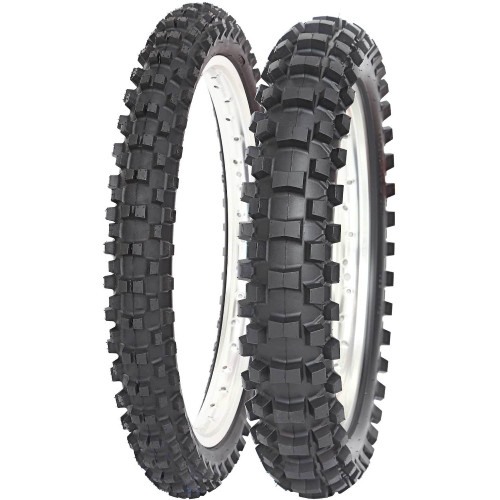
Get the most important mobility news in your inbox each week.
Follow @shift_tnw
10.00-20 16.9-24 16.9-28 19.5L-24 21L-24 12.5/80-18 7.50-16 9.00-20 10.5/80-18 11.00-20 12.00-20 12.5-20 13.00-25 13.00-24 14.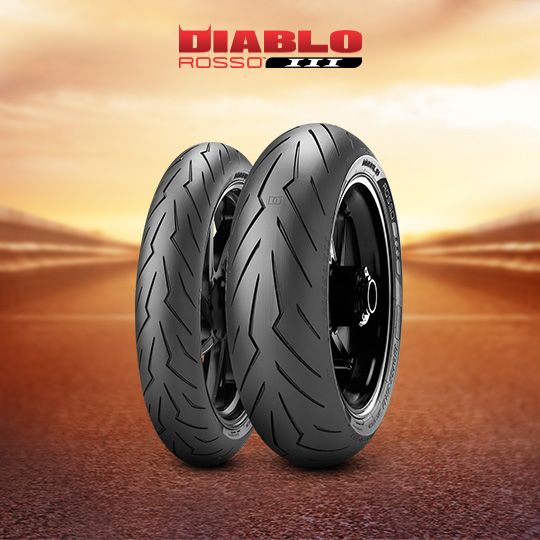 00-20 14.00-25 14.00-24 14.5-20 14.9-24 15.5/80-24 12.00-24.00 16.0/70-24 16.00-24 16.0/70-20 16.9-30 17.5L-24 18.4-26 18.4-30 21.00-25 23.1-26
00-20 14.00-25 14.00-24 14.5-20 14.9-24 15.5/80-24 12.00-24.00 16.0/70-24 16.00-24 16.0/70-20 16.9-30 17.5L-24 18.4-26 18.4-30 21.00-25 23.1-26
In order for your construction equipment to function as efficiently and reliably as possible, you need to use first-class industrial tires.
DSM (road construction machines) is a wide range of equipment designed for the construction, repair and maintenance of various industrial facilities. Being a fairly popular transport, DSMs are always in working condition, therefore it is very important to ensure the safety of transportation and minimize the downtime of such equipment.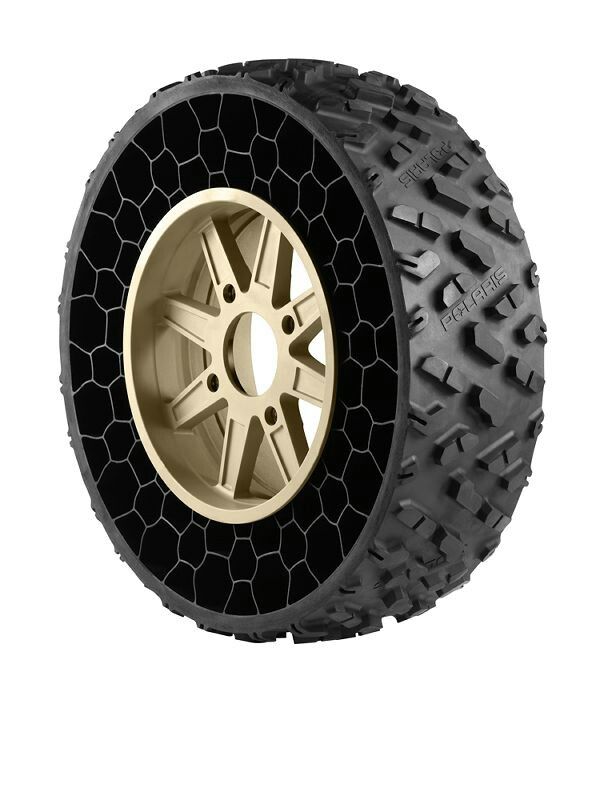 In these conditions, the correct selection of tires plays one of the first roles.
In these conditions, the correct selection of tires plays one of the first roles.
Tires for construction vehicles are generally TL type, and tire sets are more popular for forklifts and other smaller machines
Experts recommend choosing tires carefully, taking into account the type of transport, the conditions for further operation (high-speed highways with excellent coverage, city streets, off-road), the type of transportation (international, regional, intracity), as well as the position of the wheels (non-driving or driving axles, supporting or managed).
More about individual tire sizes and other designations on the sidewall
When choosing tires for construction and road equipment, it is also recommended to pay attention to the type of tread pattern - it must correspond to the season in which construction equipment is used. If you plan to use your road construction machine on roads with good asphalt coverage, then it will be enough to purchase rubber with a regular road tread pattern. Such tires are able to provide the desired braking performance and good contact with the road. But for using DSM on bad road sections, this is not the most suitable option.
If you plan to use your road construction machine on roads with good asphalt coverage, then it will be enough to purchase rubber with a regular road tread pattern. Such tires are able to provide the desired braking performance and good contact with the road. But for using DSM on bad road sections, this is not the most suitable option.
(As you know, standard sizes can intersect in equipment of completely different purposes - for example, 16.9-30, 18.4-26. Here is information about the selection for an industrial tractor, and tires for an agricultural tractor in the same sizes differ in some parameters)
For movements on mud, sand or snow, tires for construction and road equipment with an all-terrain tread pattern are suitable. They are distinguished by larger lugs in the form of wide and deep grooves, which are quite easy to clean. If you use such rubber on an asphalt surface, then there is a risk of increasing fuel consumption.
If you intend to work with your equipment on different road surfaces, then the choice can be stopped on rubber with a universal tread pattern, on the sides of which there are lugs, and in the middle - a road pattern.
Today you can find a huge number of tires for road construction machines. But not all of them correspond to the necessary qualities that high-grade tires for construction and road equipment should have. Fortunately, this has nothing to do with commercial products from manufacturers such as Armor, Samson, Virtus. Tires of these Chinese brands are in great demand in the market.
Industrial tires Armur, Samson, Virtus reduce vibration and noise while driving, do not make the wheel heavier, provide excellent handling and stability, significantly reduce rolling resistance, and have a high degree of wear resistance.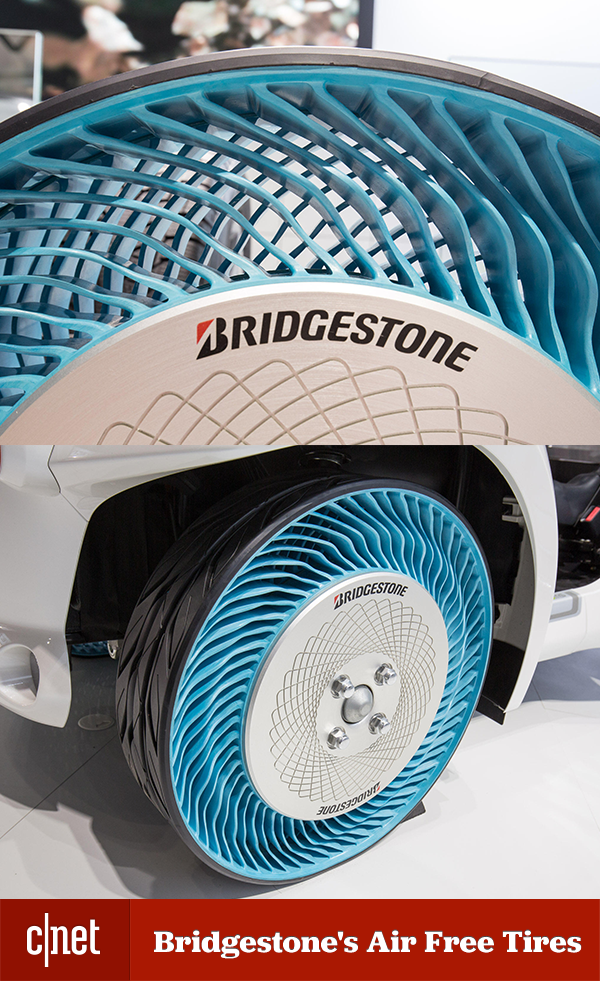 They are designed specifically to meet the requirements for increased resistance to cuts, punctures and other various mechanical defects. Therefore, the latest rubber technologies are used for the production of these wheels. The rubber of these brands are made only from natural compounds, making them much stronger and more resistant to various damages. In addition, the use of uncompromising products from these manufacturers will ensure efficient operation in conditions of increased payload.
They are designed specifically to meet the requirements for increased resistance to cuts, punctures and other various mechanical defects. Therefore, the latest rubber technologies are used for the production of these wheels. The rubber of these brands are made only from natural compounds, making them much stronger and more resistant to various damages. In addition, the use of uncompromising products from these manufacturers will ensure efficient operation in conditions of increased payload.
A wide range of tires for DSM allows you to choose tires of the most popular sizes for different brands used on modern construction sites, including: Mercedes Benz (Mercedes Benz), HCC, JCB, Hyundai (Hyundai), Scania (Scania), Caterpillar (Caterpillar), MAN , Iveco (Iveco), Renault (Renault), XCMG, Putzmeister (Putzmeister), Volvo (Volvo), DAF, Astra (Astra), Thomas (Thomas).
If you own road construction equipment and are actively looking for high-performance tires, call our dedicated team and we will certainly help you find the best product for your construction equipment.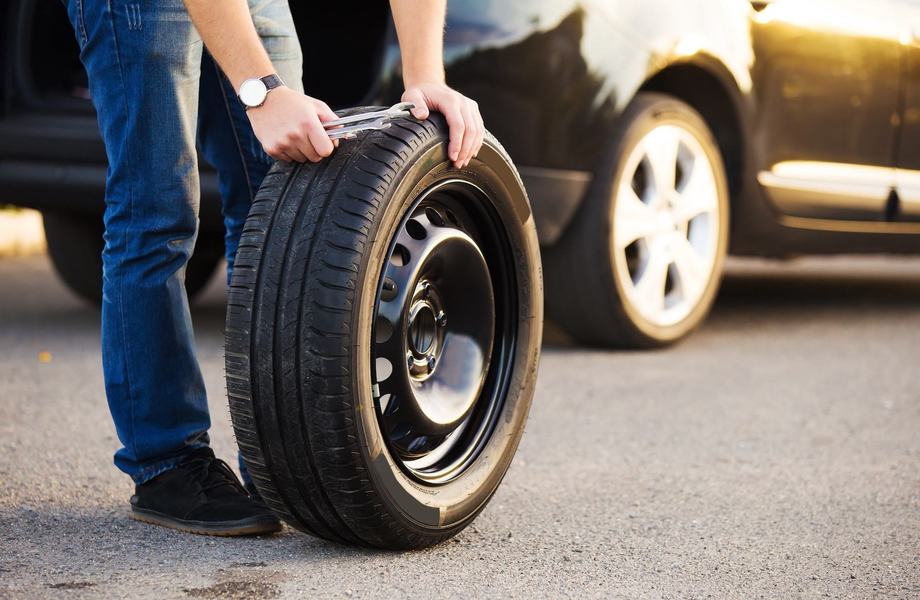 Remember, the performance of the equipment, the speed of work and the safety of the workers themselves depend on the reliability and quality of tires for construction and road equipment.
Remember, the performance of the equipment, the speed of work and the safety of the workers themselves depend on the reliability and quality of tires for construction and road equipment.
Author: Marina Deh
For stable and reliable operation of forklifts, stackers and other types of warehouse equipment, it is necessary to purchase suitable tires. Since equipment in warehouses is often used in several shifts and with a fairly high load, the issue of rubber quality plays an important role.
Tires designed for handling devices are different from the usual car options. Their main tasks:
The correct choice of rubber depends on the completeness of the use of warehouse equipment.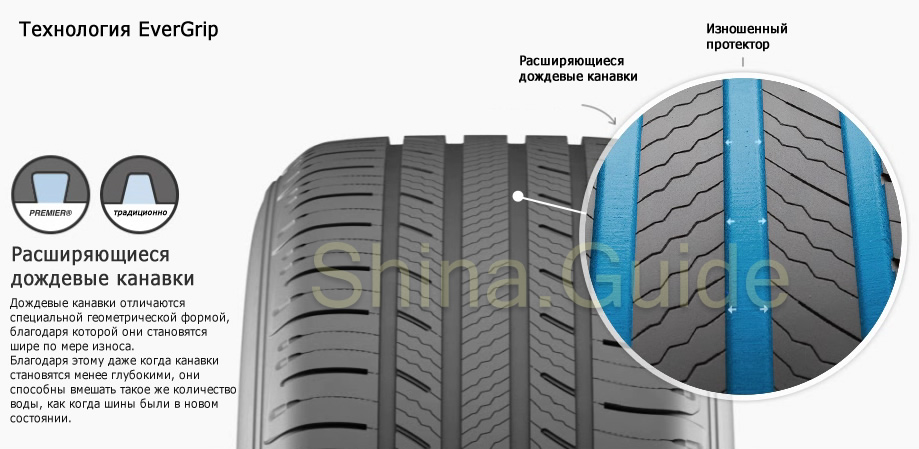 The severity of the goods transported, the number of operations per shift, the pressure inside the wheels, the smooth driving skills of the operator, the climatic conditions - all this affects the degree of wear of the rubber coating. Constant loads accelerate abrasion, lead to heat, damage and flaking.
The severity of the goods transported, the number of operations per shift, the pressure inside the wheels, the smooth driving skills of the operator, the climatic conditions - all this affects the degree of wear of the rubber coating. Constant loads accelerate abrasion, lead to heat, damage and flaking.
The quality of the surface on which the equipment will move has the greatest influence on the durability of tires. The worse the conditional “floor”, the higher the requirements for strength, wear resistance and overall tire quality. To date, manufacturers offer the two most common types: pneumatic and solid. Consider the advantages, disadvantages and applications of each.
This type of tire is the most common among owners of special equipment in Russia due to its excellent performance and low cost. Their main advantage is the damping of the load on the suspension when the device moves on a surface with pits, bumps, or increased cross-country ability (in snow, mud) is required. The average service life is 1-2 thousand hours of operation.
The average service life is 1-2 thousand hours of operation.
Pneumatic tires are recommended for use in areas where the risk of rubber puncture is not so great, because in case of a sudden penetration, stability is lost - the forklift can tip over, causing damage to the operator and the transported load.
Multi-layer structure frame made of rubberized cord with metal or nylon threads. To absorb shocks, enhance the strength properties of the tread and prevent its delamination, intermediate elastic cushions (breakers) are used. Tires themselves can be chambered or tubeless.
The name “superelastic” is due to the modern materials used in the production, which bring elasticity parameters closer to pneumatic tyres. One of these materials is Vulkollan, similar in its elasticity to rubber, and in hardness close to plastic. In addition, the polymer is resistant to aggressive chemical compounds and acids. Solid tires "superelastic" are amazingly resistant to damage and durability, they retain their performance for years and need to be replaced only after complete wear.
Tires with a superelastic coating are designed to move equipment on industrial floors with a flat surface. They got their name due to the use of elastic polymers in the composition (the most popular is vulkolan). The solid rubber does not deform during movement, so it is puncture-resistant and does not lose balance. This allows you to increase the average load capacity of the equipment in operation.
Cut resistance provides a wide range of superelastic applications. For example, in the warehouses of enterprises that produce metal shavings or nails, metal scraps will not cause damage to the wheels. On the other hand, they do not dampen the unevenness of the pavement so well and do not differ in patency, as a result of which the load on the undercarriage increases.
The construction of solid tires consists of three layers: an elastic tread, an intermediate shock-absorbing one and an inner one for a secure fit on the rim. The need to equip an even warehouse coating and the cost, which is 2 times higher than pneumatic ones, explain the lower prevalence of superelastic tires in domestic enterprises at the moment.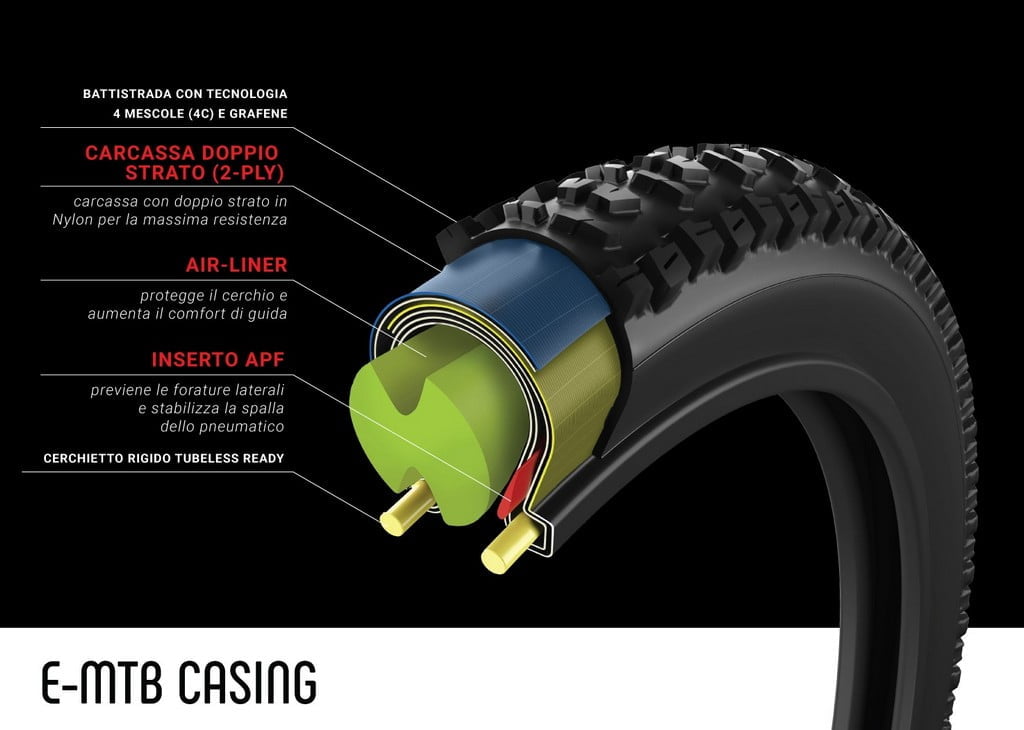 On the other hand, experts predict an increase in the trend of switching to this type of rubber over time.
On the other hand, experts predict an increase in the trend of switching to this type of rubber over time.
Tires for warehouse equipment are divided into two large classes according to the tread pattern:
Indispensable "accessory" for operation in winter.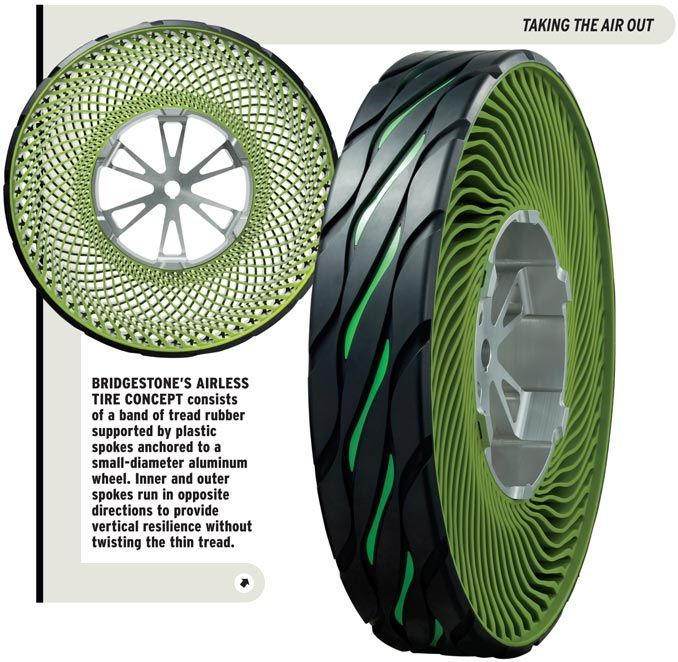 Products consist of metal links that form lugs that reduce the likelihood of wheel slip in snowfall or wetlands.
Products consist of metal links that form lugs that reduce the likelihood of wheel slip in snowfall or wetlands.
Mounting is very simple: either the loader is jacked up and fastened with locks to the tires, or simply carefully run over the chains laid out on the ground. It is worth remembering that due to increased vibration during movement, anti-slip devices increase rubber wear.
A detailed description of the available types of tires for material handling equipment in the article will help you make the right choice depending on the operating conditions. It is worth noting that pneumatic and solid models are interchangeable - both varieties are installed on standard discs.
As far as manufacturers are concerned, the leadership is held by foreign brands supplying proven high-quality products. However, recently Chinese and domestic manufacturers have been increasing their positions.
In the TFN catalog you will find high-quality tires of various sizes for loaders and stackers, and you can also purchase all types of wheels (driving, supporting, cargo).